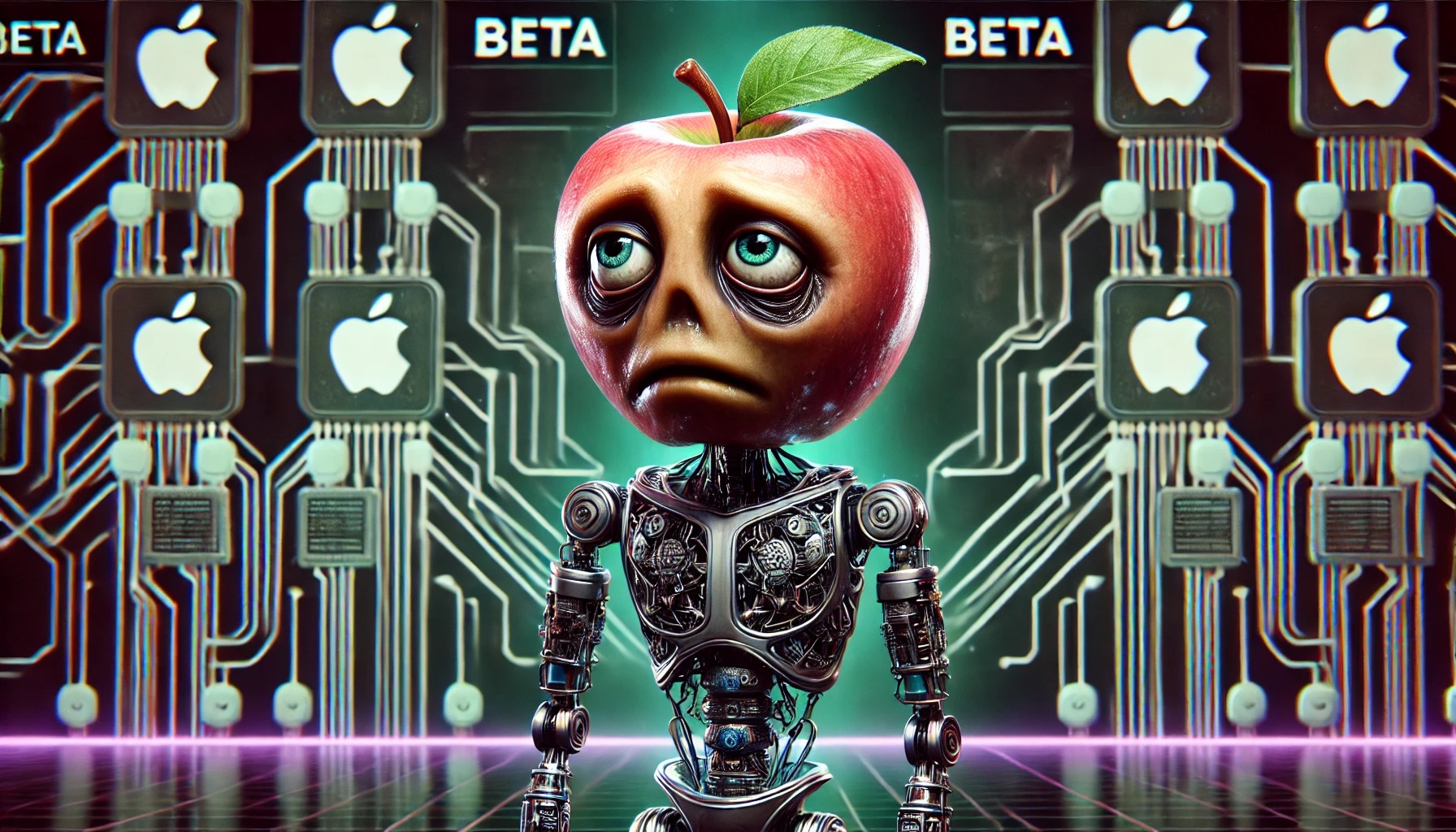Apple Intelligence will launch in beta and that’s unacceptable for a trillion-dollar company

Apple, a company worth over 3 trillion dollars, has announced Apple Intelligence, a personal AI system, will begin rolling out in October alongside iOS 18.1, iPadOS 18.1, and macOS Sequoia 15.1. Despite being one of the wealthiest companies on the planet, Apple is choosing to release this highly anticipated feature as a beta, and that’s a huge problem. Users will essentially be treated like testers, expected to troubleshoot and report bugs, instead of receiving a polished, fully functional system out of the gate.
What’s even more frustrating is that Apple Intelligence won’t be ready in time for the iPhone 16 lineup launch this month. It’s criminal for Apple to ask for so much money for these phones -- marketed as AI-powered -- when the core intelligence feature won’t even be available at launch. Customers are paying top dollar for devices that won’t include one of the main selling points on day one.
For many, this beta launch is frustrating and raises serious concerns about Apple’s confidence in its new AI platform. After all, why push out a product that’s not ready? Apple Intelligence is being promoted as a major advancement in how users interact with their devices, featuring tools to rewrite text, summarize audio, and enhance photo editing. But if these tools are half-baked -- which is likely in any beta release -- it could lead to user frustration, diminished trust, and an underwhelming experience overall.
The rollout plan also adds to the frustration. While the US will see the initial release in October, other English-speaking countries like Australia and the UK will have to wait until December. Non-English users, including those speaking Chinese, French, Japanese, and Spanish, won’t see Apple Intelligence until sometime next year. This staggered release, combined with the beta label, suggests Apple knows it needs more time to get things right -- but that time should have been spent refining the product before launching, not relying on users to help debug it.
Siri, for instance, is supposed to become more natural and flexible, understanding context and making daily tasks easier. But a beta release casts doubt on whether Siri’s improvements will work as smoothly as promised. When people struggle to get Siri to respond correctly now, what happens when they're using an incomplete, still-in-development AI system?
The integration with ChatGPT, touted as an optional feature, also raises privacy concerns, even with Apple claiming that user data will remain protected. Beta software often comes with unpredictable behaviors, and while Apple assures that data won’t be stored, it’s hard not to be skeptical when third-party services are involved. Moreover, this close partnership with OpenAI seems to contradict Apple's long-held stance on user privacy and data security, and releasing such features in beta only exacerbates these concerns.
While the iPhone 16 lineup, built specifically for Apple Intelligence, promises faster and more efficient performance with its A18 and A18 Pro chips, users will be left wondering if these new devices will be hindered by an unfinished AI system. Apple Intelligence is supposed to make these iPhones "the most advanced" models yet, but rolling out a beta AI experience could undermine that claim.
Apple Intelligence is undoubtedly a bold step into the future, but pushing it out as a beta feels premature and disappointing. Customers deserve a polished, ready-to-use product, not a glorified trial run. Releasing such an important feature in an incomplete state sends the wrong message and risks alienating the very users who rely on Apple for smooth, seamless technology experiences.